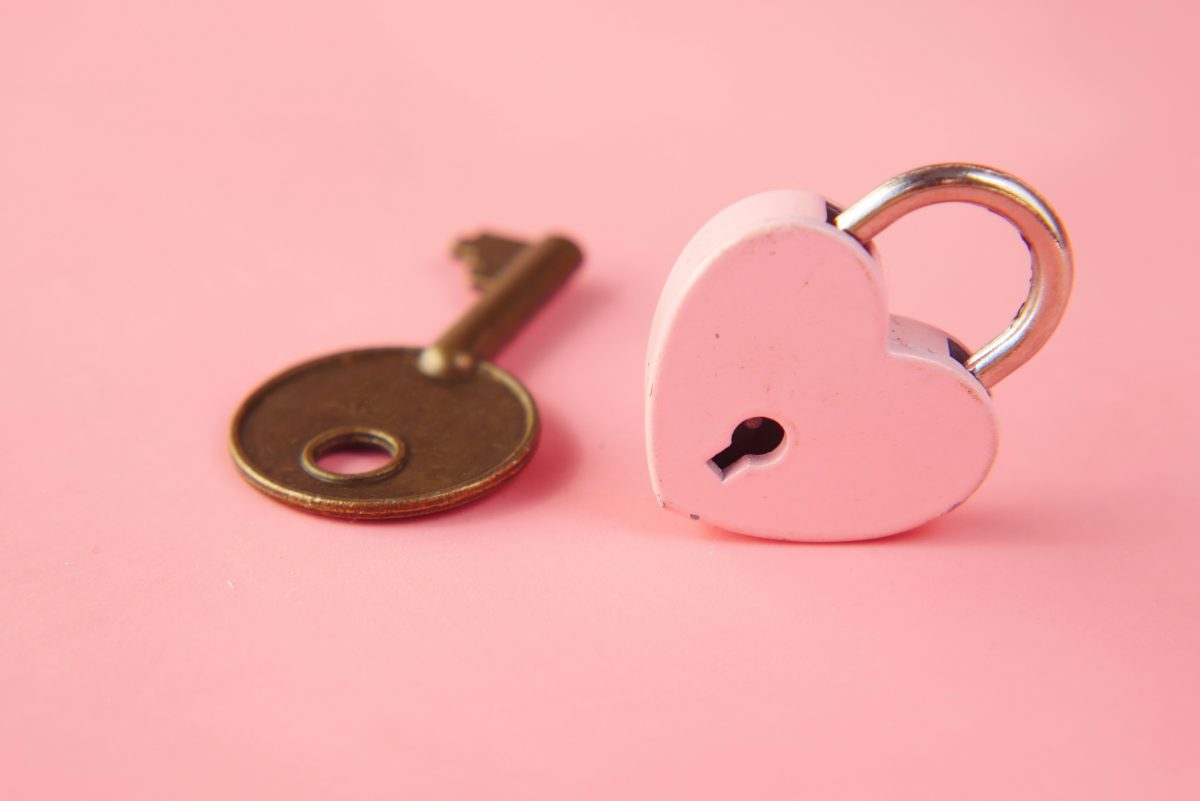It’s tough to admit, but most people won’t play a significant role in your life. Many might pass through, bringing entertainment, conversation, or even company, but very few will be the deep, lasting connections we long for. If you’ve been someone who’s always felt open, optimistic, and eager for meaningful relationships, it’s easy to feel disappointed—maybe even betrayed—when people take advantage of your vulnerability or don’t seem to care as much as you do.
I know this well because I’ve been there. For most of my life, I didn’t mind being honest or disclosing things about myself in conversations. I thought that openness was a bridge to connection. But over time, I realized that people weren’t always as careful with the information I shared. Some judged me, others used it against me, and it felt like my vulnerability was being thrown back in my face. That was painful, and it made me question whether it’s better to be alone than to risk those encounters.
But what if the key to protecting your heart lies not in withdrawing completely, but in finding balance—learning to pace your vulnerability and guard your energy without closing off from the world?
This article explores how to navigate social interactions thoughtfully, pace vulnerability, and ensure you’re giving your energy to the right people. We’ll break down why it’s tempting to rush into connections, the dangers of over-disclosing too soon, and how pacing yourself in relationships can actually deepen the bonds you create.
Why We Rush: The Pressure to Connect
When you’ve been hurt, it’s natural to want to latch onto the first glimmer of connection that comes your way. Whether it’s a potential friend, partner, or even a casual acquaintance, the fantasy of someone finally “getting” you is tempting—especially if you’ve spent a long time feeling isolated or misunderstood. In these moments, it’s easy to over-share or try to rush intimacy, driven by the hope that this person might be the one who makes you feel seen, loved, and valued.
I’ve definitely fallen into this trap. Social anxiety mixed with optimism led me to believe that every new person I met could be the start of a beautiful connection. But too often, that rush to connect meant disclosing too much too soon, only to realize that the person either didn’t value what I shared or wasn’t equipped to handle the emotional depth I was offering. It was disheartening.
In reality, deep connections take time to build, and pacing what you disclose in relationships allows you to better gauge whether the other person is truly receptive and trustworthy.
Social Exchange: The Reality of Give and Take
If you’ve ever felt like social interactions can feel transactional, you’re not alone. Social exchange theory suggests that many relationships are built on a cost-benefit analysis, where people engage in relationships that feel beneficial to them. This doesn’t mean they’re malicious, but it’s important to remember that not every interaction is meant to go deep.
It used to frustrate me, watching people socialize without seeking deep connections, feeling like they were just using each other for entertainment or other gains. But in reality, many social interactions start at a surface level. People tend to bond over shared activities, humor, or light-hearted conversation before they trust someone enough to go deeper.
Understanding this helped me reframe the way I approach interactions. I realized that not every conversation or social gathering needs to lead to a lifelong friendship or relationship. Sometimes, people are simply companions for the moment. And that’s okay.
Practical Tips: Pacing Vulnerability and Protecting Your Energy
So how do we strike the balance between openness and self-protection? Here are a few practical tips to help you pace your vulnerability while still being open to genuine connection.
1. Slow Down and Observe Reciprocity
It can be tempting to dive into deep conversations or share personal stories early in a relationship, especially if you’re craving connection. But it’s important to slow down and see how the other person responds. Do they share their own stories in return? Are they empathetic, or do they seem dismissive? This reciprocal give-and-take can be a good indicator of whether the relationship has potential.
Example: Imagine you’re meeting someone new for coffee, and the conversation turns to family. Instead of sharing everything about your painful childhood upfront, you might start by mentioning something lighter, like how you grew up in a small town. If the person responds with their own experiences and seems interested in yours, you can slowly share more over time. But if they seem uninterested or judgmental, you’ll know not to go deeper.
2. Set Boundaries on Disclosure
It’s okay to protect yourself by setting boundaries around what you share early on. You don’t owe anyone your life story, and you can choose when and with whom to share more personal details.
Example: If you’re in a group setting and someone asks a personal question that makes you uncomfortable, it’s perfectly fine to give a vague answer or redirect the conversation. You can say something like, “That’s a long story for another time,” or simply steer the topic in a new direction. Not everyone deserves access to your deepest experiences right away.
3. Focus on Shared Activities, Not Immediate Intimacy
Sometimes, relationships deepen naturally when people spend time together doing things they both enjoy. Instead of focusing on intense emotional connection from the start, it can be helpful to engage in shared activities that allow you to connect more gradually.
Example: If you meet someone at a yoga class or through a mutual hobby, focus on enjoying the activity together before jumping into deep conversations. Over time, you’ll naturally get a sense of who they are, and whether they’re someone you can trust with more personal information.
4. Recognize the Role of Casual Connections
Not every interaction is meant to be profound. Recognizing that some people will play a more casual role in your life can help you manage your expectations. That doesn’t mean these relationships aren’t valuable—they can offer companionship, laughter, and light-hearted connection without needing to go too deep.
Example: You might have colleagues or neighbors you chat with regularly, but the relationship never goes beyond that. These casual connections can still bring joy to your life without needing to be emotionally intense.
Healing from Trauma While Navigating Social Interactions
For those of us who have experienced trauma, the stakes often feel higher in social situations. Trusting people again feels daunting, and we may swing between oversharing to test the waters or closing ourselves off entirely out of fear. Understanding that it’s normal for people to build relationships gradually, and that not every person will be a lifelong connection, can help relieve some of that pressure.
It’s also important to approach social interactions with a sense of curiosity and patience, both with others and yourself. If you have social anxiety, allowing yourself to take small steps—such as practicing conversations in group settings or focusing on casual interactions first—can help you rebuild confidence over time.
Final Thoughts
Learning to navigate the balance between vulnerability and self-protection isn’t easy, especially if you’ve been hurt in the past. But by pacing your vulnerability, setting boundaries, and being thoughtful about where you invest your emotional energy, you can still cultivate meaningful connections without feeling drained or used. Relationships are complex, and while not everyone will play a major role in your life, approaching interactions with openness and wisdom can help you avoid burnout and disappointment.
In the end, it’s not about closing yourself off from the world—it’s about pacing the way you engage with it. By doing so, you allow the right people to enter your life at the right time, while protecting your heart along the way.

